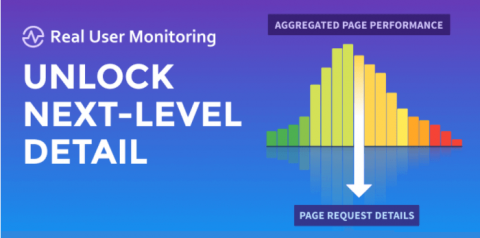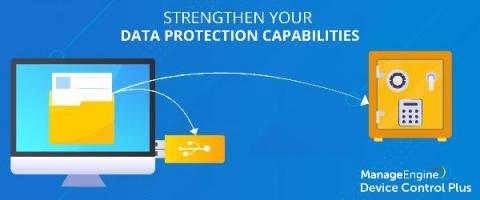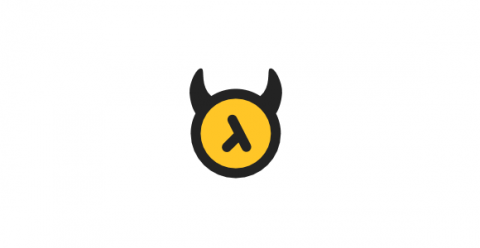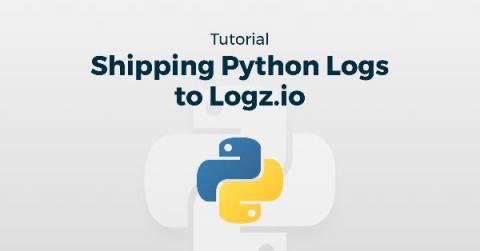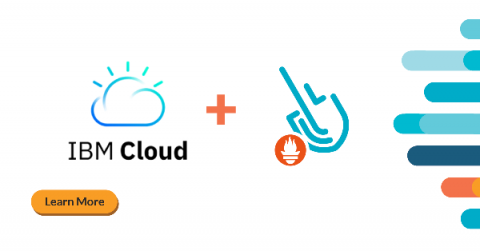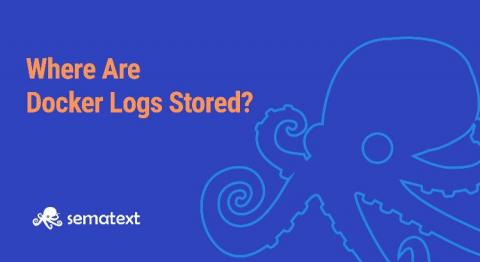Operations | Monitoring | ITSM | DevOps | Cloud
Latest Posts
Monitor ECS applications on AWS Fargate with Datadog
AWS Fargate allows you to run applications in Amazon Elastic Container Service without having to manage the underlying infrastructure. With Fargate, you can define containerized tasks, specify the CPU and memory requirements, and launch your applications without spinning up EC2 instances or manually managing a cluster. Datadog has proudly supported Fargate since its launch, and we have continued to collaborate with AWS on best practices for managing serverless container tasks.
Global Oil & Gas Company picks NiCE Oracle Management Pack
NiCE IT Management Solutions is proud to serve global key-players in advanced Oracle database performance and health monitoring. Read the latest customer reference on how the NiCE Oracle Management Pack is helping a global Oil & Gas company in standardized, IT Governance compliant Oracle operations.
Penn National Ramps Up Remote Work with Citrix
Company leverages digital workspace solutions to quickly expand work-from-home capabilities, keeping employees safe and customers satisfied in the face of global pandemic.
File shadowing: The key to a swift recovery from USB and file-based attacks
USB devices are undeniably valuable, but they can be dangerous. On one hand, they are useful in transporting enterprise-critical data, but on the other, they can wreak havoc if misplaced, corrupted due to a human or hardware-related error, or stolen. It’s no wonder some companies forbid the use of USB devices altogether.
Save on your cloud spending: Five essential cloud cost management strategies that work
Digital transformation can be a rewarding endeavor for any enterprise, especially now considering the current remote work scenario. Often, organizations leverage the support of the cloud to set up robust digital transformation frameworks. The cloud offers scalability, making it easy to scale up or down. The cloud is also far more dynamic in terms of consumption—you pay for what you use.
Deploy realtime GraphQL APIs in minutes with Qovery and Hasura
Hasura is an open source engine that connects to your databases & microservices and auto-generates a production-ready GraphQL backend. By using Hasura in conjunction with Qovery, you get a blazing fast, auto-scallable and extensible solution to quickly build your applications.
Logging Python Apps with the ELK Stack & Logz.io
Logging is a feature that virtually every application must have. No matter what technology you choose to build on, you need to monitor the health and operation of your applications. This gets more and more difficult as applications scale and you need to look across different files, folders, and even servers to locate the information you need. While you can use built-in features to write Python logs from the application itself, you should centralize these logs in a tool like the ELK stack.
IBM Cloud Service Monitoring - Powered by Sysdig & Prometheus
Today Sysdig announced the availability of IBM Cloud’s new IBM Cloud service monitoring solution. The new capability – an extension of IBM Cloud Monitoring with Sysdig – provides pre-defined service metrics and dashboards for IBM public cloud services.
Where Are Docker Logs Stored?
Where are Docker container logs stored? There’s a short answer, and a long answer. The short answer, that will satisfy your needs in the vast majority of cases, is: From here you need to ship logs to a central location, and enable log rotation for your Docker containers. Let me elaborate on why with the long answer below.


